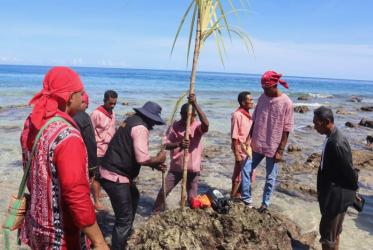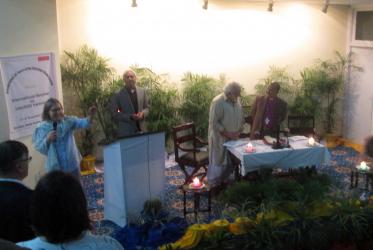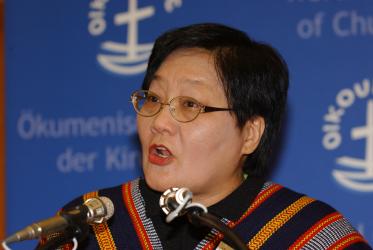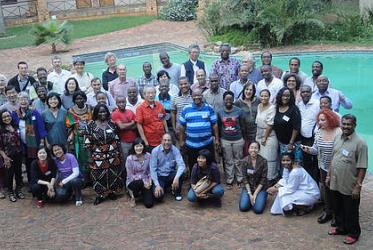Displaying 1 - 15 of 15
#WCC70: At the end of an assembly
16 October 2018
In Pakistan, Christian Study Centre celebrates 50 years
10 November 2017
A just financial and economic architecture is possible, students find
08 September 2016
Interfaith workshop calls for justice and compassion in finance
03 December 2015
Senturias named to human rights board in the Philippines
18 February 2014
Asia shares aspirations for justice and peace at the WCC assembly
01 November 2013
Churches engage in development dialogue on Africa
06 March 2013








